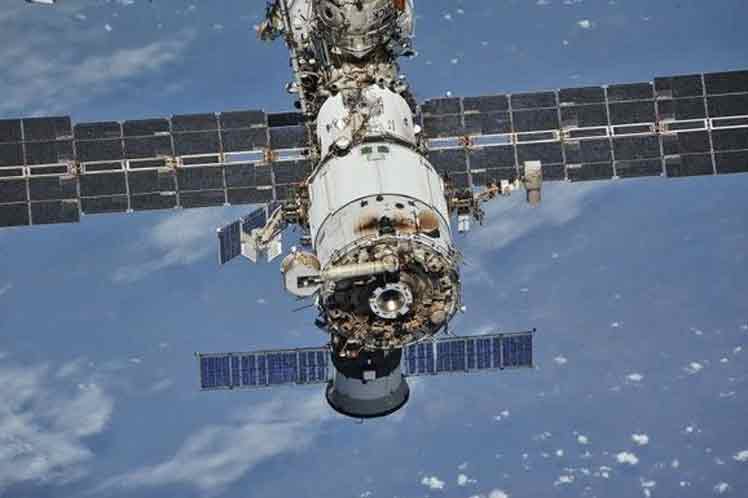Some of the equipment reached the end of its shelf life, Soloviov, who is also the general designer of the main group of Operational Control of the Space and Rocket Energy Corporation told the RIA-Novosti news agency.
He said that around 80 percent of the flight systems in the Russian part of the station are in this situation, ‘which means that irreparable failures could occur at any time.’
Soloviov reported on Monday on the detection of cracks in the Zarya cargo module, dating from 1998, while there were air leaks reported on the Zvezda modules several occasions in 2019 and 2021.
The spokesman for the Russian Space Agency (RosCosmos), Vladimir Ustímenko, issued statements to the TASS news agency assuring that the security and functionality situation aboard the ISS is under control.
However, in April, Russian Deputy Prime Minister Yuri Borisov declared that the status of the ISS left much to be desired, so Russia would focus on building its own orbital station.
The Rocket and Space Corporation Energia is tasked with ensuring that the first base module for the new Russian orbital station is ready by 2025.
The shelf life of the ISS expires in 2024. Roscosmos assured that the decision on its future would be made based on its actual technical conditions.
pgh/llp/mem/mml










